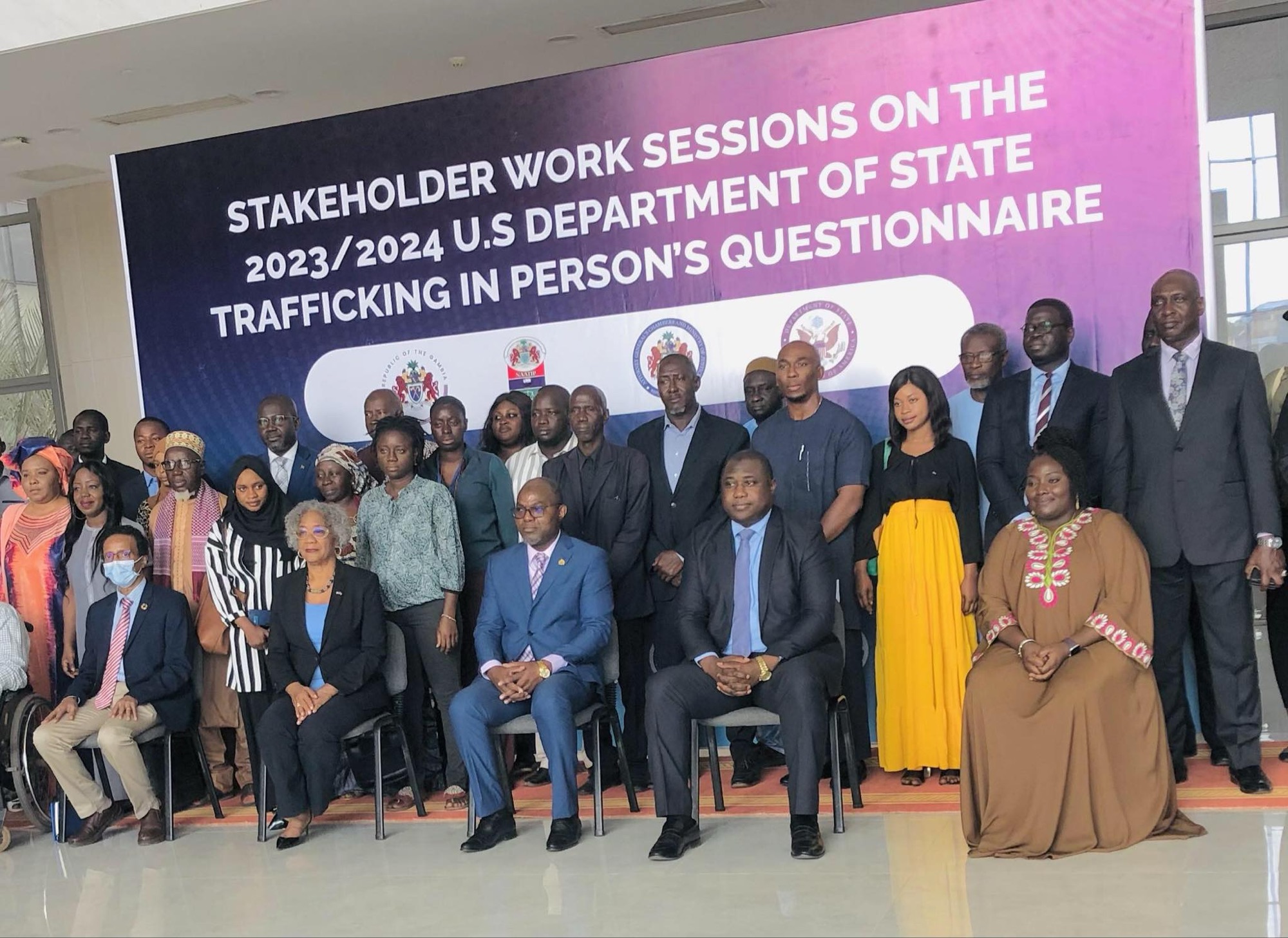By: Nyima Sillah
Esau Williams, Chairperson for the panel of judges of The Gambia Journalism Awards 2021 has said that the education system has clearly failed if judging by the quality of the standards of journalism is anything to go by in The Gambia.
He made this remark on Friday at the 6th Gambia Press Union Awards held at Pencha Mii Hall, Kololi
Mr Williams encouraged each and every journalist to widely extend his or her vocabulary as their grammatical rules of the written and spoken words are alarming.
“As English remains the official language of The Gambia, it is in the view of the Panel that the language be taught properly from an elementary level to enhance the critical thinking and writing skills of journalists later on in life,” he added.
According to him, an area of major concern during the selection was the failure to arrange words and phrases to form and create well-formed sentences. Syntax and grammar went right out of the window. Subjects and verbs disagreed like never before and were at sixes and sevens at every turn. Also with horror, the full-on assault and cold-blooded murder of the English tongue.
“A junior journalist writing a story with grammatical errors is one thing. An editor allowing the publication of such a story is unforgivable, and herein lies our charge of editorial laziness and poor gate keeping. There must be ethical standards in the newsroom where editors as the last line of defence pick up on what are frankly embarrassing mistakes that are completely avoidable with careful subediting,” Williams highlighted.
“There was a prevalence of editorial deficiency – in other words, laziness on an epic scale. There were even instances of derogatory language unfit for broadcast making it on air. We had examples of entries clearly lifted academia being passed off as journalistic, and a few instances of plagiarism. On the whole, it was not a good specimen of robust, honest, or ethical journalism.”
Williams went on saying that, The Gambia’s journalistic output should reflect stories about ordinary people and their lives and the issues they face on a daily basis. This should be journalism aimed at lifting them out of poverty and ignorance – after all, the job of the media is to educate and inform.
He mentioned that, of all the entries shortlisted, only 14% came from women. Adding, “We couldn’t quite put our finger on the reason why such gaps exist. In the overall reporting of stories, men were four times more likely to appear as sources than women. Serious work needs to be done around the taking of the reporting of issues that affect women seriously.”





